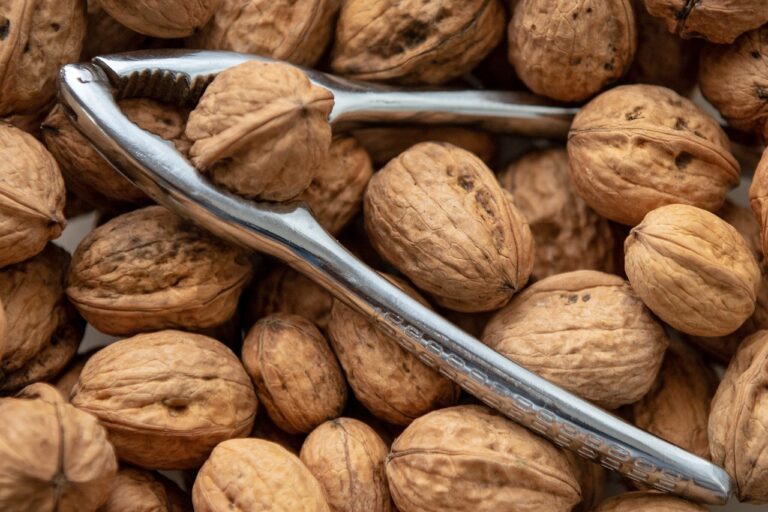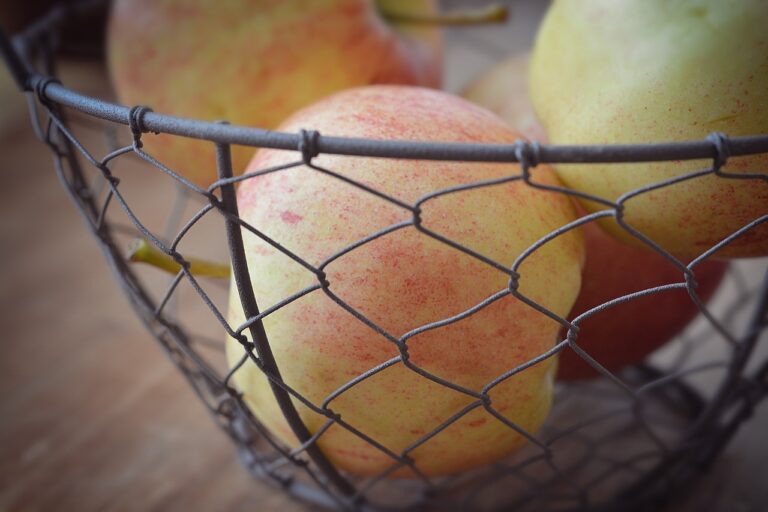CRISPR-Based Approaches for Modifying Soil Protozoan Genomes: Goldenexch, Cricbet99 link, King 567
goldenexch, cricbet99 link, king 567: CRISPR-Based Approaches for Modifying Soil Protozoan Genomes
When it comes to genetic modification, CRISPR technology has revolutionized the way scientists can edit genomes with precision and efficiency. While much attention has been given to its application in modifying plant and animal genomes, CRISPR-based approaches are also being explored for altering soil protozoan genomes.
Protozoa are single-celled organisms that play crucial roles in soil ecosystems, contributing to nutrient cycling, soil structure, and overall soil health. By modifying their genomes, researchers aim to better understand their functions and potentially enhance their beneficial traits for agricultural purposes. Here, we will delve into the use of CRISPR technology for modifying soil protozoan genomes and its implications.
1. Understanding Soil Protozoa Genomes:
Protozoa exhibit a diverse range of genetic sequences that govern their functions and interactions within the soil microbiome. By uncovering the genetic makeup of soil protozoa, researchers can identify key genes responsible for specific traits such as nutrient uptake, motility, and stress tolerance.
2. CRISPR Tools for Genome Editing:
CRISPR technology involves using a guide RNA to target a specific DNA sequence within the genome and a Cas9 enzyme to introduce precise modifications. This tool allows researchers to edit genes in soil protozoa with accuracy and efficiency.
3. Applications in Functional Genomics:
By using CRISPR-based approaches, researchers can knockout or knock-in specific genes in soil protozoa to study their functions. This enables a better understanding of how these organisms contribute to soil processes and how their traits can be manipulated for agricultural benefits.
4. Enhancing Nutrient Cycling:
Soil protozoa play essential roles in nutrient cycling by consuming bacteria and fungi, releasing nutrients through their excretions. By modifying their genomes, researchers may enhance their nutrient uptake efficiency, thereby improving soil fertility and plant growth.
5. Promoting Soil Health:
Genetic modification of soil protozoa can also lead to the development of beneficial traits such as increased stress tolerance and disease resistance. This can contribute to maintaining soil health and resilience in the face of environmental challenges.
6. Ethical Considerations:
As with any genetic modification research, ethical considerations must be taken into account when editing soil protozoan genomes. It is essential to assess the potential ecological impacts and unintended consequences of releasing genetically modified organisms into the environment.
FAQs
Q: Can CRISPR technology be used to create genetically modified soil protozoa for agricultural purposes?
A: Yes, CRISPR-based approaches can be applied to modify soil protozoan genomes for agricultural benefits, such as enhancing nutrient cycling and promoting soil health.
Q: What are some potential risks associated with genetically modifying soil protozoa?
A: Risks may include unintended ecological consequences, gene flow to wild populations, and unknown long-term effects on soil ecosystems. Proper risk assessments and regulations are necessary to mitigate these risks.
Q: How can CRISPR technology contribute to sustainable agriculture practices?
A: By modifying soil protozoan genomes, researchers can develop organisms with enhanced traits that contribute to sustainable agriculture, such as improved soil fertility, pest resistance, and reduced reliance on chemical inputs.
In conclusion, CRISPR-based approaches for modifying soil protozoan genomes hold promise for enhancing soil health, nutrient cycling, and sustainable agriculture practices. As research in this field continues to advance, it is crucial to consider the ethical implications and potential risks associated with genetic modification of soil organisms. By harnessing the power of CRISPR technology responsibly, we can unlock the potential of soil protozoa for a more resilient and productive agricultural ecosystem.







